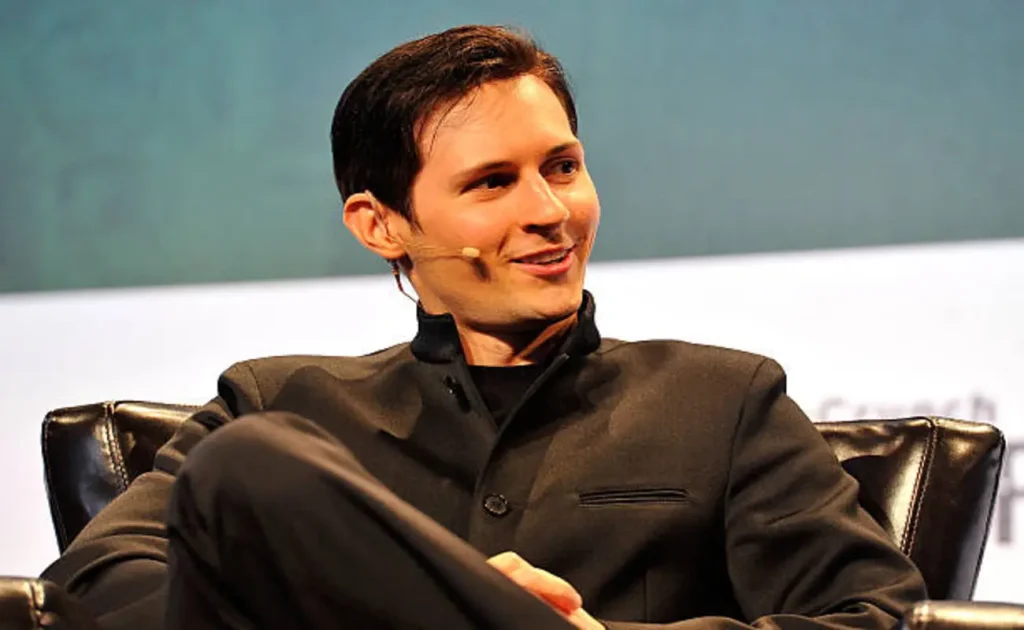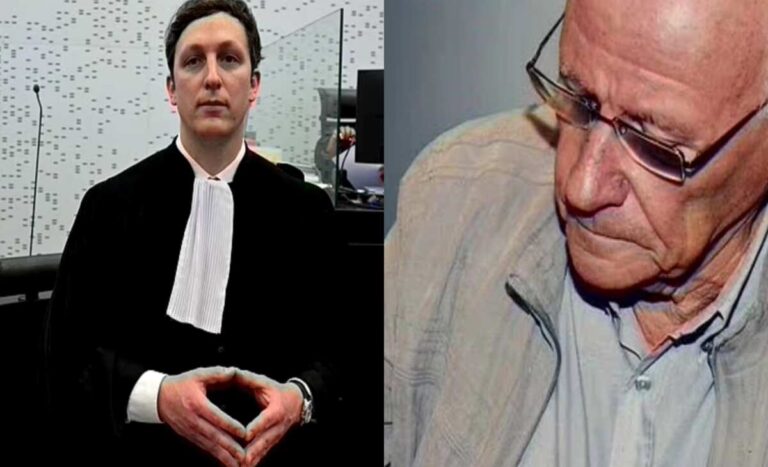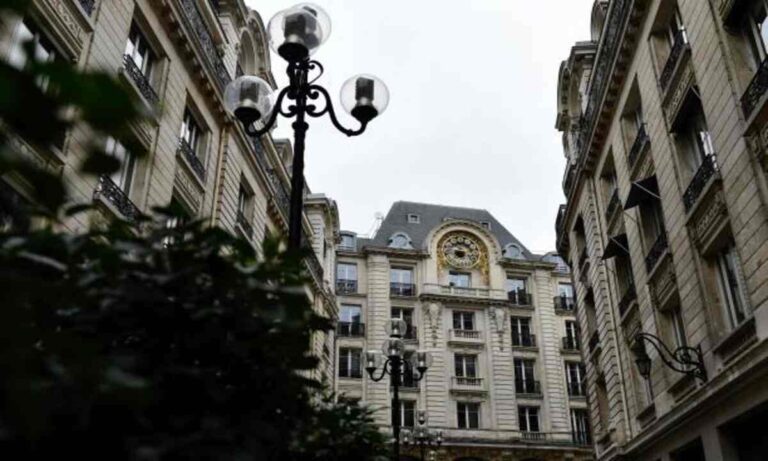
Pavel Durov, Telegram co-founder, speaks during TechCrunch Disrupt 2015 at Pier 70 in San Francisco. Steve Jennings/Getty Images for TechCrunch
“About a year ago, while I was stuck in Paris, the French intelligence services reached out to me through an intermediary, asking me to help the Moldovan government censor certain Telegram channels ahead of the presidential elections in Moldova,” Durov wrote.
The entrepreneur said Telegram removed some flagged channels that violated its rules, but refused to delete those that he described as legitimate and compliant.
French intelligence and Moldovan election channels
Durov stated that after the first removals, the intermediary said French intelligence offered to “say good things” about him to the judge overseeing his case.
He called this unacceptable and described it as either judicial interference or exploitation of his detention to influence political developments in Eastern Europe.
Durov alleged that the second list of Moldovan election channels sent to Telegram contained voices that were politically inconvenient but fully within platform rules.
According to him, the channels shared political views opposed by the Moldovan government and French authorities but did not violate Telegram’s terms of service.
Political pressure and censorship of Moldovan election channels
The Telegram founder stressed that the platform refused to act on the second list of requests.
“Unlike the first, nearly all of these channels were legitimate and fully compliant with our rules,” Durov said.
“Their only commonality was that they voiced political positions disliked by the French and Moldovan governments. We refused to act on this request.”
Durov added that Telegram is committed to freedom of speech and will not censor content for political purposes.
The claims add to ongoing debates about the role of technology firms in political communication across Eastern Europe.
Wider pattern across Eastern Europe
Durov connected the Moldovan election channels case to what he described as a broader pattern of political influence attempts in the region.
He said Romania was another country where similar efforts were observed, describing the issue as systematic pressure against independent digital platforms.
These claims have not been independently verified, but they reflect ongoing scrutiny of digital platforms during election cycles in Europe.
French authorities have not issued an immediate response to the allegations.
Moldovan authorities have also not publicly commented on the claims concerning requests to censor Telegram channels.
Telegram stance on Moldovan election channels
Durov said Telegram will continue to resist political censorship demands regardless of government pressure.
“Telegram is committed to freedom of speech and will not remove content for political reasons,” he wrote.
“I will continue to expose every attempt to pressure Telegram into censoring our platform,” he added.
Telegram has positioned itself as a platform with strong protections for political expression and resistance against state censorship.
The company has faced similar controversies in other regions where governments have accused Telegram of facilitating opposition communication.
Digital platforms and election controversies
The case highlights the tensions between governments and platforms over control of political communication during elections.
In Moldova, social media and messaging platforms have become key tools for both governing and opposition parties.
International watchdogs have raised concerns over information control and media restrictions during elections in several Eastern European states.
Reports by OSCE and Human Rights Watch have documented attempts to influence media access in contested elections.
The new claims from Durov add to global debates over whether governments should regulate political content or leave enforcement to platforms.
Global implications of the Moldovan election channels case
Durov’s statement suggests that international intelligence services may seek to use legal pressure as leverage over technology leaders.
It also underscores the importance of independent verification of government requests for platform moderation.
Telegram remains one of the most widely used messaging services in Eastern Europe, with millions relying on it for political news and communication.
Related: Lawyer in French Court Scandal Dies Weeks After Paedophile Surgeon’s Conviction
The Moldovan presidential elections are scheduled for later this year, and scrutiny of digital platforms is expected to intensify.
Observers say the role of Telegram and other messaging services will remain central to Moldova’s political debate.

